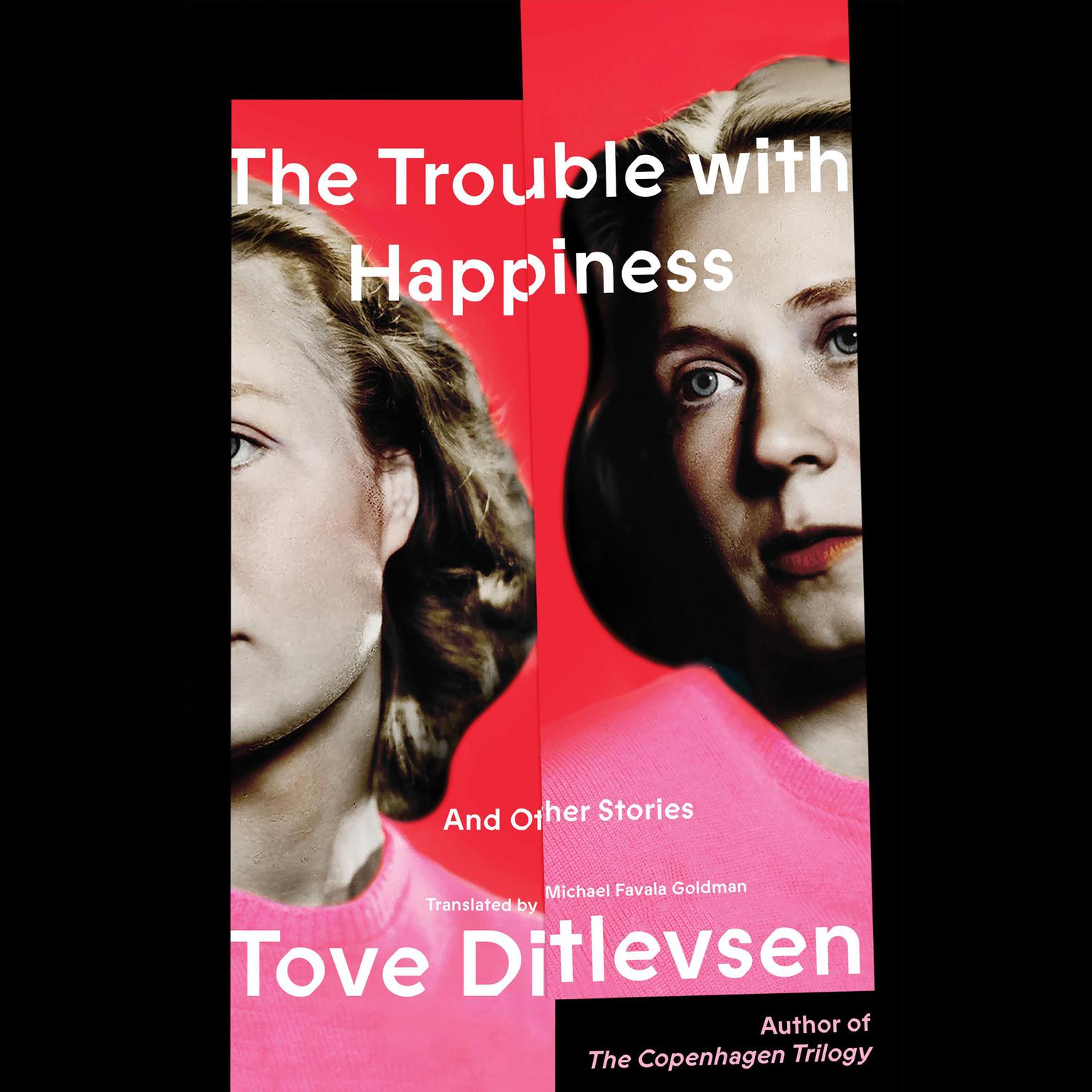 Play Audiobook Sample
Play Audiobook Sample
The Trouble with Happiness: And Other Stories Audiobook
 Play Audiobook Sample
Play Audiobook Sample
Quick Stats About this Audiobook
Total Audiobook Chapters:
Longest Chapter Length:
Shortest Chapter Length:
Average Chapter Length:
Audiobooks by this Author:
Publisher Description
The Trouble with Happiness is a short-story collection from Tove Ditlevsen, the acclaimed author of the Copenhagen Trilogy, never before translated in English A newly married woman longs, irrationally, for a silk umbrella; a husband chases away his wife’s beloved cat; a betrayed mother impulsively sacks her housekeeper. Underneath the surface of these precisely observed tales of marriage and family life in mid-century Copenhagen pulse currents of desire, violence, and despair, as women and men struggle to escape from the roles assigned to them and dream of becoming free and happy—without ever truly understanding what that might mean. Tove Ditlevsen is one of Denmark’s most famous and beloved writers, and her autobiographical Copenhagen Trilogy was hailed as a masterpiece on re-publication in English, lauded for its wry humor, limpid prose, and powerful honesty. The poignant and understated stories in The Trouble with Happiness, written in the 1950s and 1960s and never before translated into English, offer readers a new chance to encounter the quietly devastating work of this essential twentieth-century writer.
Download and start listening now!
“[A] literary titan…[Ditlevsen’s] terse, unnerving stories peer into the fragility of relationships and the casual epiphanies that gut her characters.”
— Oprah Daily
Quotes
-
“These spare and sparkling stories summon deep wells of emotion without the slightest trace of sentimentality.”
— Vogue -
“The stories are simple; the characters ordinary and immensely human. Their motivations are mysterious and subtle."
— Publishers Weekly (starred review)
Awards
-
Among longlisted titles for Vogue Magazine Best Books of the Year, 2022
The Trouble with Happiness Listener Reviews
Be the first to write a review about this audiobook!
About Tove Ditlevsen
Tove Ditlevsen (1917-1976) was an author, poet, and memoirist, born in a working-class neighborhood in Copenhagen, Denmark. Her first volume of poetry was published when she was in her early twenties and was followed by many more books, including the three volumes of the Copenhagen Trilogy: Childhood, Youth, and Dependency. Her work won many awards, including the Tagea Brandt Rejselegat in 1953 and De Gyldne Laurbær in 1956.




